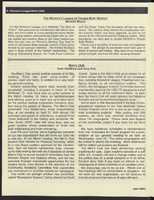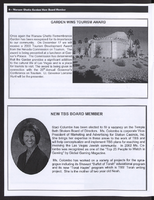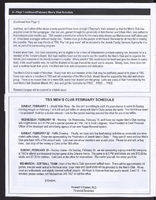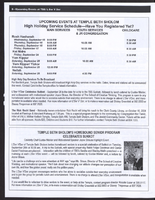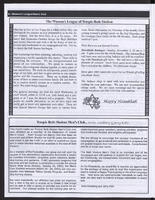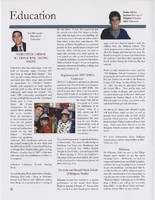Search the Special Collections and Archives Portal
Search Results
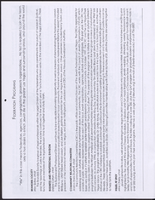
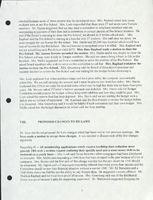
Minutes from Temple Beth Sholom Board of Directors meetings, June 1996 - May 1997
Date
1996 to 1997
Archival Collection
Description
Meeting minutes include reports from committees of the board, correspondence, and balance sheets.
Text
Pagination
Refine my results
Content Type
Creator or Contributor
Subject
Archival Collection
Digital Project
Resource Type
Year
Material Type
Place
Language
Records Classification

